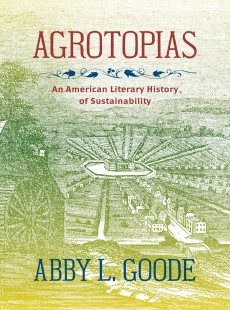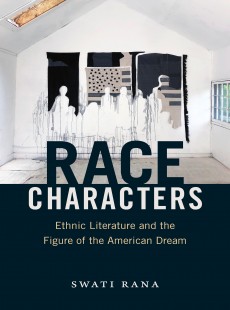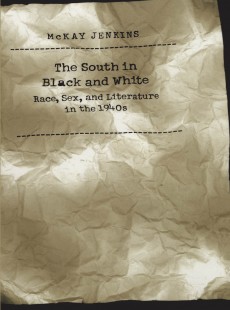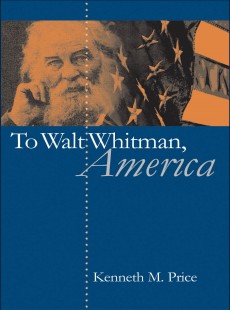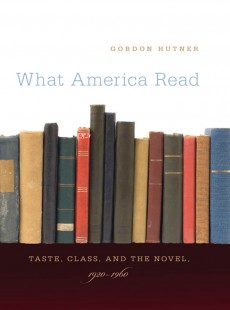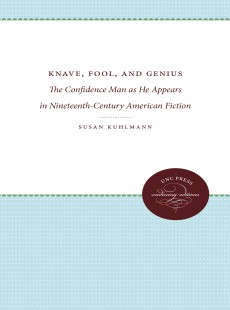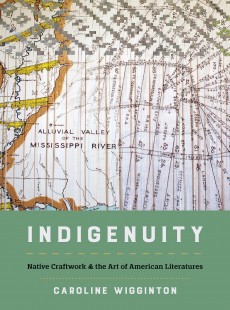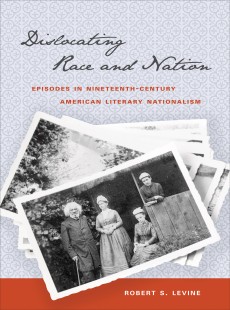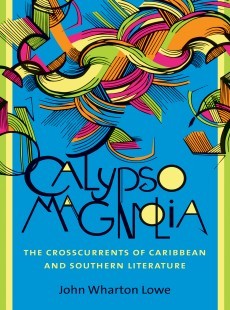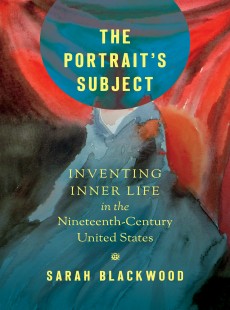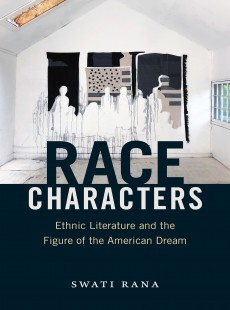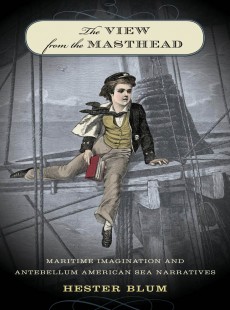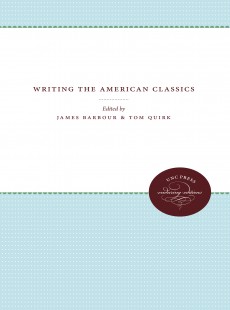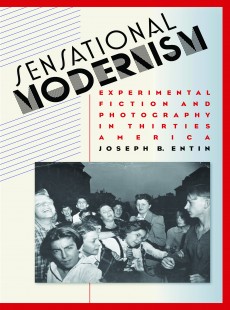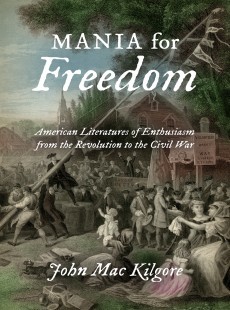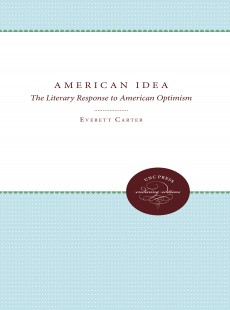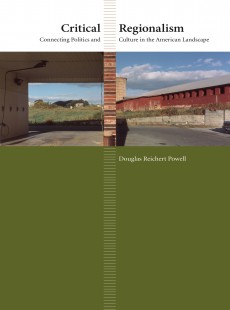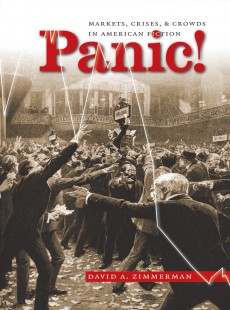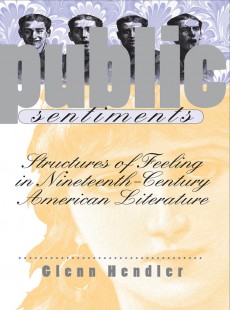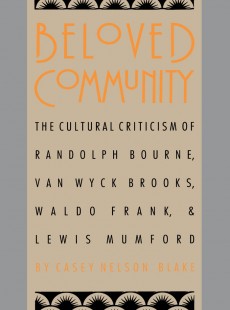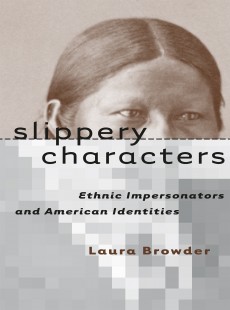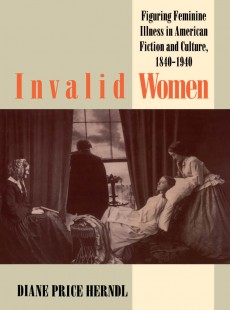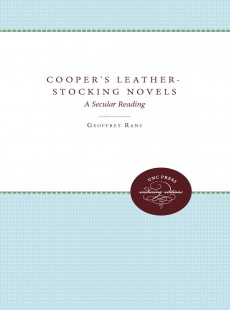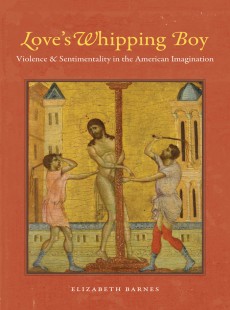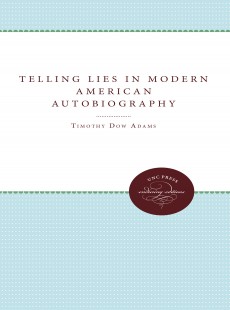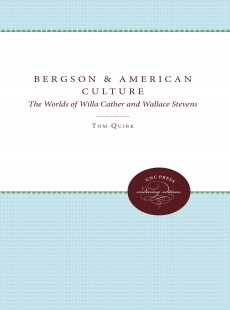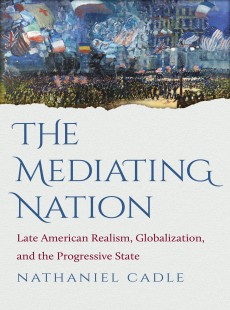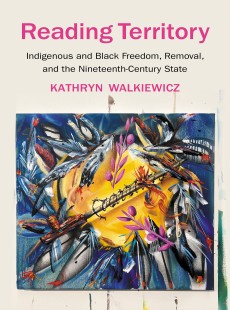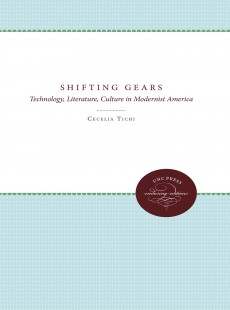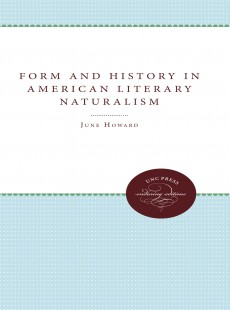
Form and History in American Literary Naturalism
June Howard
 Publisher: University of North Carolina Press
Publisher: University of North Carolina Press
Imprint: The University of North Carolina Press
Published: 03/2017
Pages: 224
Subject: Literary Criticism
| University of North Carolina
Print ISBN: 9.78E+12
eBook ISBN: 9781469620695
DESCRIPTION
Howard believes that naturalism accomodates the sense of perilousness, uncertainty, and disorder that many Americans felt in the late nineteenth and early twentieth centuries. She argues for a redefinition of the form which allows it to be seen as an immanent ideology responding to a specific historical situation.
Working both from accepted definitions of naturalism and from close analysis of the literary texts themselves, Howard consructs a new description of the genre in terms of its thematic antinomies, patterns of characterization, and narrative strategies. She defines a range of historical and cultural reference for the ideas and images of American naturalism and suggests that the form has affinities with such contemporary ideologies as political progressivism and criminal anthropology. In the process, she demonstrates that genre criticism and historical analysis can be combined to create a powerful method for writing literary history.
Throughout Howard's study, the concept of genre is used not as a prescriptive straitjacket but as a category allowing the perception of significant similarities and differences among literary works and the coordination of textual analysis with the history of literary and social forces. For Howard, naturalism is a dynamic solution to the problem of generating narrative from the particular historical and cultural materials available to the authors.
Originally published in 1985.
A UNC Press Enduring Edition -- UNC Press Enduring Editions use the latest in digital technology to make available again books from our distinguished backlist that were previously out of print. These editions are published unaltered from the original, and are presented in affordable paperback formats, bringing readers both historical and cultural value.
RELATED TITLES
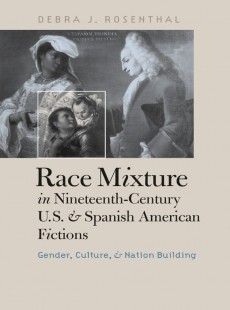
Race Mixture in Nineteenth-Century U.S. and Spanish American Fictions

Browse All University of North Carolina Press Books

Race Mixture in Nineteenth-Century U.S. and Spanish American Fictions

Browse All University of North Carolina Press Books




